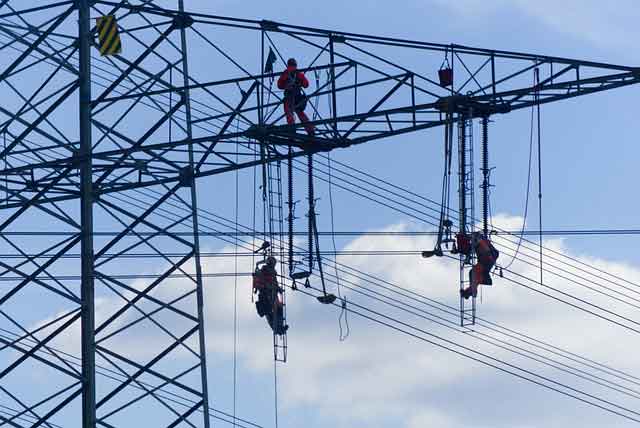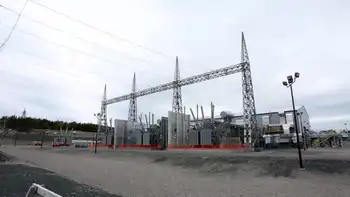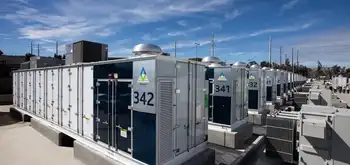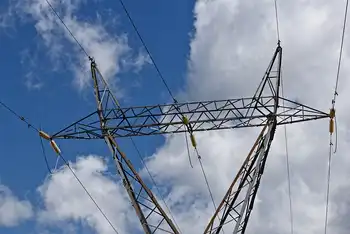B.C. Diverting Critical Minerals, Energy from U.S

NFPA 70b Training - Electrical Maintenance
Our customized live online or in‑person group training can be delivered to your staff at your location.

- Live Online
- 12 hours Instructor-led
- Group Training Available
Canadian Softwood Lumber Tariffs challenge British Columbia's forestry sector, strain U.S.-Canada trade, and risk redirecting critical minerals and energy resources, threatening North American supply chains, manufacturing, and energy security across integrated markets.
Key Points
Duties imposed by the U.S. on Canadian lumber, affecting BC forestry, trade flows, and North American energy security.
✅ U.S. duties strain BC forestry and cross-border supply chains
✅ Risks redirecting critical minerals and energy exports
✅ Tariff rollback could bolster North American energy security
British Columbia Premier David Eby has raised concerns that U.S. tariffs on Canadian softwood lumber are prompting the province to redirect its critical minerals and energy resources, while B.C. challenges Alberta's electricity export restrictions domestically, away from the United States. In a recent interview, Eby emphasized the broader implications of these tariffs, suggesting they could undermine North American energy security and put electricity exports at risk across the border.
Since 2017, the U.S. Department of Commerce has imposed tariffs on Canadian softwood lumber imports, alleging that Canadian producers benefit from unfair subsidies. These duties have been a persistent source of tension between the two nations, coinciding with Canadian support for energy and mineral tariffs and significantly impacting British Columbia's forestry sector—a cornerstone of the province's economy.
Premier Eby highlighted that the financial strain imposed by these tariffs not only jeopardizes the Canadian forestry industry but also has unintended repercussions for the United States. He pointed out that the economic challenges faced by Canadian producers might lead them to seek alternative markets for their critical minerals and energy resources, as tariff threats boost support for Canadian energy projects domestically, thereby reducing the supply to the U.S. British Columbia is endowed with an abundance of critical minerals essential for various industries, including technology and defense.
The potential redirection of these resources could have significant consequences for American industries that depend on a stable and affordable supply of critical minerals and energy. Eby suggested that the tariffs might incentivize Canadian producers to explore other international markets, even as experts advise against cutting Quebec's energy exports amid the tariff dispute, diminishing the availability of these vital resources to the U.S.
In light of these concerns, Premier Eby has advocated for a reassessment of the tariffs, urging a more cooperative approach between Canada and the United States. He contends that eliminating the tariffs would be mutually beneficial, aligning with views that Biden is better for Canada's energy sector and cross-border collaboration, ensuring a consistent supply of critical resources and fostering economic growth in both countries.
The issue of U.S. tariffs on Canadian softwood lumber remains complex and contentious, with far-reaching implications for trade relations and resource distribution between the two nations. As discussions continue, stakeholders on both sides of the border are closely monitoring the situation, noting that Ford has threatened to cut U.S. electricity exports amid trade tensions, recognizing the importance of collaboration in addressing shared economic and security challenges.











